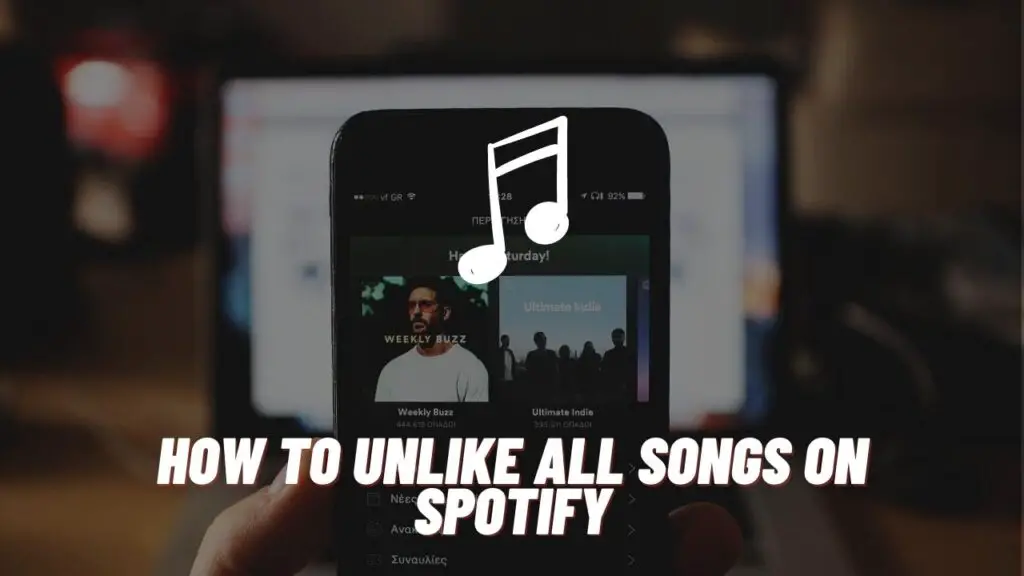Music is a universal language, one that can have a powerful emotional effect on those who hear it. It can make you feel happy, sad, nostalgic, and even afraid.
Music has the power to trigger some very intense emotions- and it’s not uncommon for people to get goosebumps when they listen to their favorite songs. Why does this happen?
Learn more about what science says and how you can maximize the emotional power of music by reading this blog post!
The Science behind Goosebumps
If you have ever enjoyed the chill bumps that flitter across your skin when listening to music, then you are certainly not alone. You are experiencing one of nature’s great wonders, perhaps without even being aware of it.
You see, goosebumps are not just simple hairs standing upright on your skin. They are actually a reaction from your central nervous system to certain stimuli. This causes tiny muscles attached to each hair follicle on your body to contract, thereby causing the hairs to stand upright with the assistance of sebaceous glands that release a lubricating oil called sebum.
The connection between this reaction and music has been explored in numerous studies by scientists worldwide.
Why do we get Goosebumps from Music?
A study conducted in the year 2009 revealed that, when listening to pleasurable music, blood rushes to certain areas of your brain and releases dopamine and serotonin — chemicals associated with happiness and pleasure. This makes us feel great and hence we get goosebumps when we listen to music.
The release of these chemicals also causes the contraction of tiny muscles attached to each hair follicle, thus giving you goosebumps.
Why are some people more sensitive to Goosebumps?
We all get goosebumps when we listen to wonderful music, but not everyone gets them to the same degree. Some people are more sensitive to this phenomenon than others.
Interestingly, people living in colder regions of the world tend to experience more intense displays of goosebumps while listening to music. This is because the contraction of tiny muscles attached to hair follicles acts as an insulator that provides warmth to your skin when you are exposed to extremely cold temperatures. Scientists believe that this mechanism may have evolved as a way for humans to adapt to the cold.
Which type of music gives you Goosebumps?
Classical, rock, or jazz – it really doesn’t matter. Every genre has been linked with goosebumps at some point of time or another. In fact, both slow and fast-tempo music have been associated with this phenomenon.
The frequency of the sound waves has a lot to do with how much your skin will ruffle when listening to music. Lower frequency sounds cause more intense displays of goosebumps, while higher frequencies evoke a lighter, less noticeable response. In fact, according to an experiment conducted by scientists from Oxford University, women who listened to Justin Timberlake’s “Sexy Back” experienced goosebumps as a direct result of the fast-tempo track.
Can you get Goosebumps from any song?
There are some songs that give almost everyone goosebumps, regardless of age or gender. These include classics like “Bohemian Rhapsody” by Queen or “Clocks” by Coldplay.
However, it is quite possible that you may not get goosebumps when listening to your favorite song. This has to do with the fact that we respond differently to stimuli and we all have unique preferences when it comes to music.
How long does a Goosebump last for?
The tightening of the muscles attached to each hair follicle causes a tingling or a tickling sensation on your skin, which is why it’s called “goosebumps”. Once contracted, they will remain in that position for as long as you continue to listen to music. However, if your body starts getting rid of excess heat, the goosebumps will disappear much faster because the tiny muscles attached to hair follicles relax and release tension.
Are there any health benefits associated with Goosebumps?
The body produces its own natural form of medicine when we get goosebumps. When you listen to calming music, your brain releases endorphins that can help alleviate pain. In fact, endorphins are released when you experience a range of emotions, from happiness to excitement.
They have been known to relieve headaches and ease arthritis aches and pains.
What do Goosebumps mean?
Goosebumps are a clear sign that your body is really enjoying the music that you are listening to. This happens because your brain releases endorphins when it’s exposed to pleasurable stimuli, which may include music or a particular activity.
Also, they tend to occur in people who often experience strong emotions and feelings subconsciously. If you’re one of those individuals who get goosebumps from listening to almost any type of music, there’s a good chance that you’re very sensitive to stimuli.
What happens if you get Goosebumps from watching a movie?
As long as the stimulus is strong enough, you should experience goosebumps no matter where it originates. However, movies don’t have frequencies or vibrations as music does, so they will not cause the same physical response as listening to music.
That being said, watching a movie that you find emotionally moving may cause you to experience goosebumps. This is because your brain releases endorphins when it’s exposed to strong stimuli that make you happy or sad.
Are children more likely to get Goosebumps?
Children are more likely to get goosebumps because they have a lower tolerance for stimulus than adults. Not only do they find it harder to filter out the background noise in their environment, but they also experience stronger emotions and feelings as well.
As children grow older, their brain learns how to control these impulses and repress them accordingly.
Goosebumps are one of the most common bodily reactions to music, with almost everyone experience them at some point in their lives. If you want to feel them again, listen to your favorite track or watch a movie that moves you emotionally. Also, check out this article about goose bumps and music!
Conclusion
Music has such a profound emotional influence on us that it is not surprising how we tend to get goosebumps as a direct result of listening to it. There are various reasons why this happens and if you’re looking for more information, check out this article about goosebumps and music!




